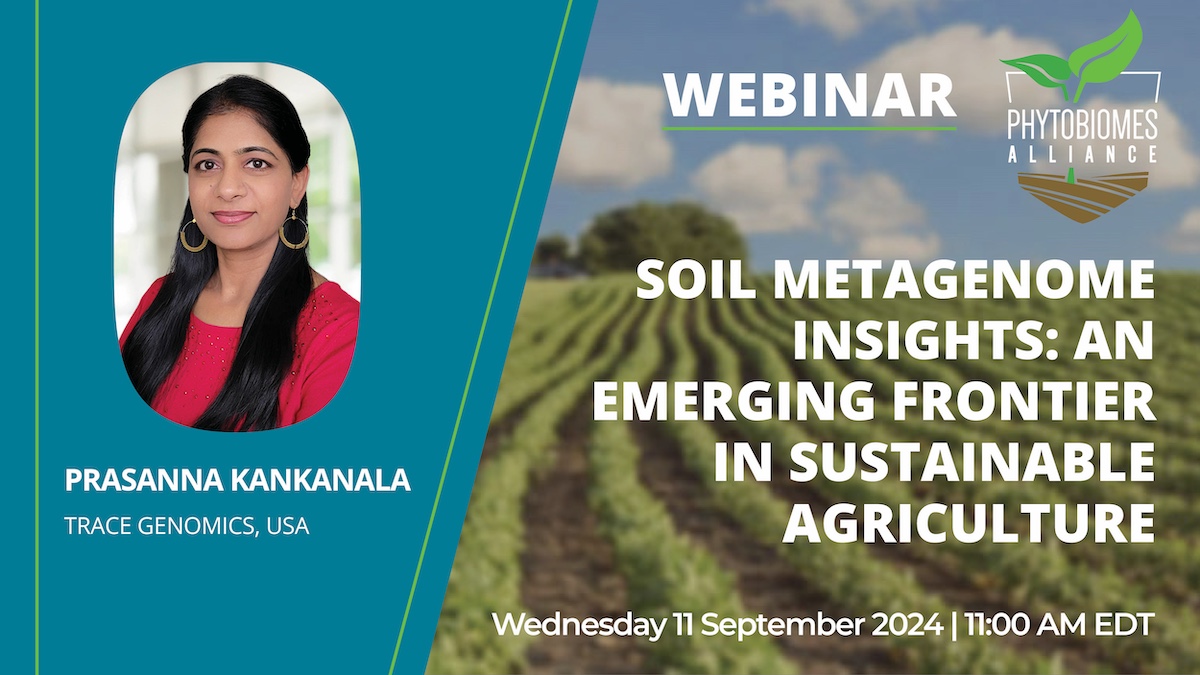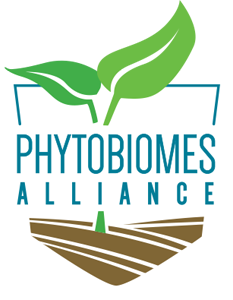
Soil Metagenome Insights: An Emerging Frontier in Sustainable Agriculture
September 11, 2024
Location
Online
Presenters
Prasanna Kankanala
Director, R&D
Trace Genomics, USA
Outline
The current agroecosystem is under extreme stress from both biotic and abiotic factors. Cultural practices over the past several decades have degraded soil health. There is a growing sentiment to adopt more sustainable agricultural practices among public, private, and governmental entities. However, the tools used for making management decisions and measuring their impact on soil health are inadequate.
Microbial life is a key component of soil health. Recent advances in high-throughput genomics and transcriptomics technologies have revealed the hidden world of microbes and their roles in agricultural production, soil health, and climate change. Microbial communities are sensitive to management practices, which can alter the functional potential of soils. Thus, the functional microbiome serves as a critical indicator in farm management.
Metagenomics, or sequencing all DNA in a sample, is a scalable, high-throughput, and rapid tool that can analyze the species composition and biological functional capacity of a soil sample. By examining the metagenome, different genetic pathways can be measured, including those that impact nutrient cycling, plant growth promotion, stress tolerance, GHG emissions, pathogen tracking, and carbon sequestration.
Here, we present the metagenomics-based actionable insights developed at Trace Genomics and their impact at the farm gate.
